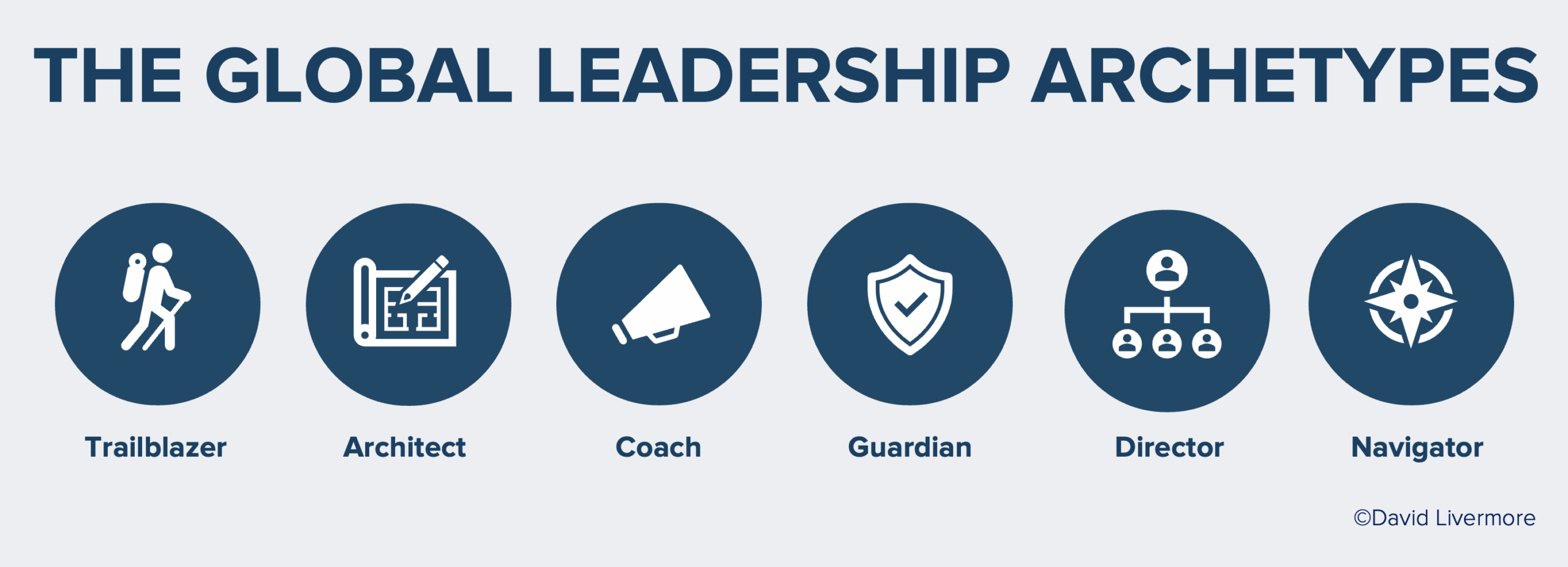I often watch customer service people interacting with foreign visitors. Inevitably, the foreign customer will ask the sales agent to repeat something. The agent repeats it, just as fast, and often with a hint of exasperation. And the visitor stands just as confused. Eventually, I can’t stop myself from jumping in and explaning what the sales associate has just said. Usually all I’m doing is saying the same thing a bit more slowly and more clearly enunciated. The simple practice of slowing down our speech goes a long way for individuals who are unfamiliar with our accent or for whom English isn’t their first language.
It’s pretty easy to see when OTHER people need to do this. But last week my own ability to slow down was challenged to a whole new level. I had the privilege of spending three days speaking to a variety of Japanese leaders about global leadership and cultural intelligence. I knew going in that I would need to speak more slowly, deliberately, and simply. I’m a fast talker at any time. And I especially get moving at a fast rate when I’m speaking publically and working to evoke enthusiasm.
A couple hours into my first speaking engagement, it felt awkward but I felt like I was achieving it. During the first break, I asked the facilitator of the event how the communication was going. (I had already anticipated how I would get direct feedback from a Japanese host and thankfully, she accommodated me). She gently said, “I think it’s still a bit fast.” I couldn’t imagine going any slower but I vowed that I would try.
At the end of the day, we de-briefed together and she felt the pace was improved. However, she felt that the concepts I was introducing were new to many of the leaders. She said, “In addition to slowing down, I wonder if you can pause between statements, and limit your sentences to one noun and one verb. Don’t mix more than one concept together.”
All I could say was, “I’ll try.”
It gradually improved. And by the end of the three days, I found a cadence that seemed to work for me and that my host called more “Japanese-friendly.” And even though it was hard work, it wasn’t as hard 3 days in as it was the first day.
Of course by the time I was speaking to a group of American leaders Friday night, I was back to my old ways and speaking 180 mph.
I walked away with a few observations:
1. What feels slow to me is probably still fast to others–especially to a non-native English speaker.
2. Even when speaking with native English speakers, chilling out a bit would be a good thing.
3. Some of the stories I often share just aren’t necessary. I was much more selective about using one more illustration which allowed for more group interaction. Again, I could stand to apply this to all groups.
4. Of course we certainly have to beware of an extreme over-reaction where we speak sooooo sllllooowwwllllly that it’s insulting. But I’m a long way from that!
One of the things we consistently say about cultural intelligence is that it’s a dynamic process of being true to yourself and adapting to another culture. Last week was definitely one of those “easier said than done” moments. But I came away invigorated by the challenge of the many ways I have yet to improve my own CQ.




